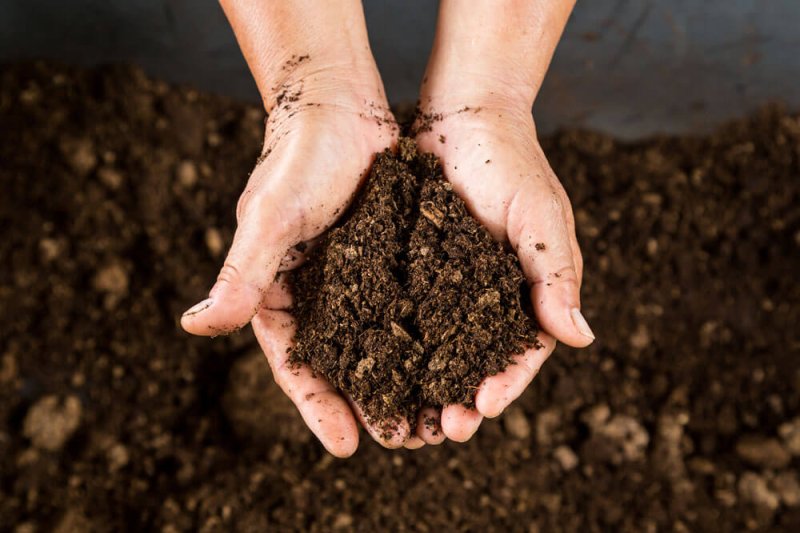Corporations, politicians, and environmentalists have all embraced carbon farming as the feel-good climate solution of the moment.
Several leading Democratic presidential contenders highlighted the potential to alter farming practices to suck up more carbon dioxide in their climate plans. And the presumptive nominee, Joe Biden, declared last summer: “Soil is the next frontier for storing carbon.”
…
But there’s a big problem: there is little evidence that carbon farming works as well as promised.
The world’s farmlands do have the capacity to store billions of tons of carbon dioxide in the soil annually, according to a National Academies report last year. But there is still uncertainty concerning which farming techniques work, and to what degree, across different soil types, depths, topographies, crop varieties, climate conditions, and time periods.
It’s unclear whether the practices can be carried out over long periods and on a massive scale across the world’s farms without undercutting food production. And there are significant disagreements about what it will take to accurately measure and certify that farms are actually removing and storing increased amounts of carbon dioxide.
…
Carbon farming is seductive. It’s a natural-sounding solution that appeals to environmentalists, supports family farms, buys corporations out of the climate doghouse, and creates new markets for organizations seizing the role of referee …. But that means policymakers and standard setters have to be all the more careful to resist wishful thinking ….































